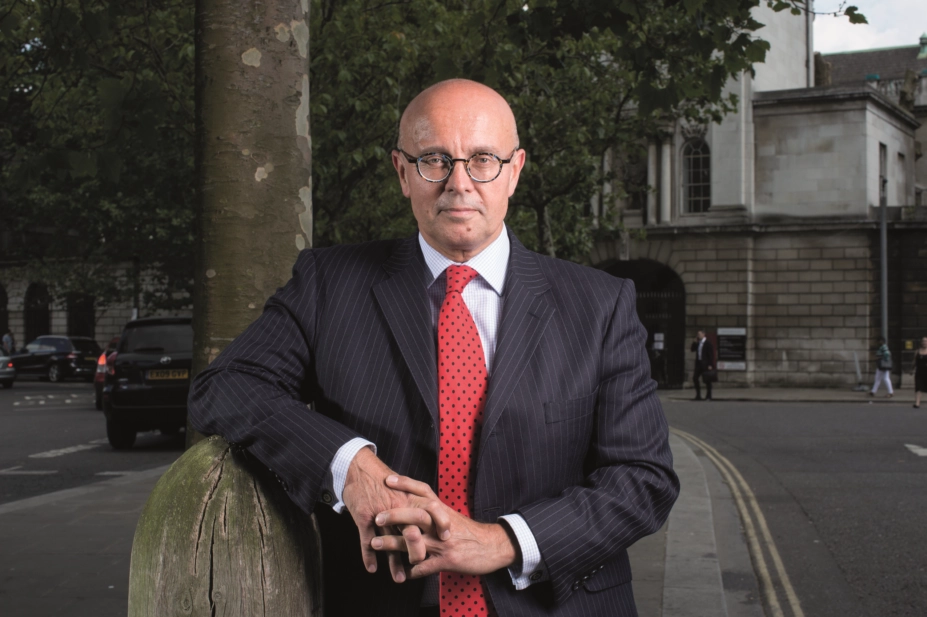
Jeff Gilbert
Pharmacy negotiators have said they would support a ‘planned reduction programme’ for pharmacies if the NHS decides that a cut in the number of community pharmacies is needed.
The Pharmaceutical Services Negotiating Committee (PSNC) has said that if closures become unavoidable it is better to be involved in “constructive discussions” around developing a plan rather than allowing pharmacies to go out of business ad hoc.
The intention forms part of the PSNC’s planning strategy for 2019, which was drawn up following a two-day meeting held in Birmingham in November 2018.
A strategy document produced after the meeting says: “If patient needs and NHS ambitions for pharmacy indicate that a reduction in the number of pharmacies is unavoidable, then a planned reduction programme would be better than using funding attrition to reduce pharmacy numbers.
“There would also need to be steps taken to ensure that those pharmacies best meeting patients’ needs were supported. To protect as many pharmacy contractors as possible, there would need to be work to facilitate mergers at a local level, alongside ongoing work to demonstrate the value of community pharmacies.”
In its strategy statement, the PSNC said that the NHS already believes there are too many community pharmacies, that it is paying too much to distribute medicines in the community, and that “clustering of pharmacies is a particular concern.”
“Through rebuilding relationships with the NHS and government, the PSNC’s objective is to explore these attitudes and to have constructive discussions about where we can help the NHS to achieve its objectives,” the strategy document says.
Clarifying its position, Simon Dukes, chief executive at the PSNC said in a statement that its priorities were to get the best funding deal for pharmacy and to create opportunities for pharmacy owners.
He added: “We cannot be at odds with our only customer, the government, but we must find ways to meet their objectives that protect the interests of pharmacy owners.”
Sandra Gidley, chair of the Royal Pharmaceutical Society’s English Pharmacy Board said she backed the PSNC’s approach “100%.”
She told The Pharmaceutical Journal: “If there are to be closures then they need to be planned.”
However, she said the government had to provide evidence that there were too many community pharmacies. It would be wrong, she said, to target clusters for closure as often they fulfil a local need or reflect local geography, such as straddling a busy main road.
Gidley said it was crucial that the government also considered the health benefits of community pharmacy and its potential: “I think that the government is [coming to this] looking for industry cuts. Unless the development of clinical services and how community pharmacy can take pressure off GPs are part of the conversation, then the government will be missing a trick.”
Paul Day, a national officer at the Pharmacists’ Defence Association Union, said the PSNC strategy was triggered by its failure overturn government cuts to community pharmacy in the courts. He said: “They have had to work with the consequences of that decision.”
The potential of the profession had to be explored ahead of any closures and he pledged that the Union would support pharmacists and support staff if they faced redundancy or job losses.
Community pharmacist Altaf Vaiya is director of LIPCO healthcare in Leicester, director of Alpharm chemists and a member of the Leicestershire and Rutland Local Pharmaceutical Committee (LPC). He said: “It’s hard to know what is going on and what is on the government’s radar. We should be looking at survival, not closures, and also what the government expects from pharmacies in order for them to continue.”
Raj Matharu is chief officer of Bexley, Bromley and Greenwich LPC and chair of the LPC group, Pharmacy London.
He said: “I suppose the PSNC is being pragmatic. Somebody needs to say that the NHS is under threat and I think LPCs have a duty and responsibility to make sure that the next generation of community pharmacists is safe.
“NHS England needs to be a bit more open and a more transparent about where they are going and if [closures] are its agenda. Alistair Burt, when [he was] health minister, said 3,000 pharmacies needed to close. A bit of transparency and honesty would go a long way at the moment.”


